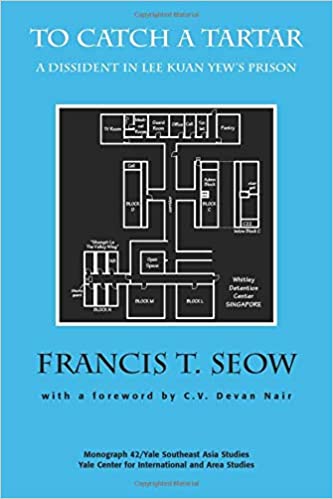For years, I was comfortably nestled among the majority of my family and friends who viewed Donald Trump with disdain. His frequent gaffes, the bold proclamations, and the constant criticism from mainstream media shaped my opinions about him. Like many others, I chuckled at his missteps through the lens of late-night comedy shows and viral social media moments. For the longest time, this caricature of Trump as a bumbling, egotistical figure seemed accurate enough to not warrant deeper scrutiny.
But then something changed.
I’m not sure what prompted me to dive deeper—perhaps it was a growing frustration with the media’s one-sided narratives or a gnawing sense that I wasn’t engaging critically enough with the world around me. Whatever the reason, I decided to re-evaluate the evidence for myself. The shift wasn’t instantaneous, but as I consumed more content outside the mainstream, I found myself questioning much of what I had previously accepted as fact.
Breaking Down the Narratives
One of the most startling realisations was how selectively information was presented about Trump. Watching speeches and interviews in their entirety, rather than clips designed to generate outrage or laughter, painted a starkly different picture. Many of his statements, while blunt and unpolished, carried logic and a sense of prioritisation that resonated with me. For instance, his focus on policies to reinvigorate the economy, bolster national security, and prioritise American interests weren’t the ramblings of a madman but calculated and strategic decisions.
The videos I watched revealed a side of Trump that media outlets rarely emphasised: a presidential candidate focused on action over optics, intent on reshaping an entrenched system. Whether it was his handling of international trade agreements or his approach to deregulation, I began to see a consistency in his decisions that aligned with a vision of self-reliance and empowerment.
The Hypocrisy of the Outrage Machine
Another turning point for me was recognising the hypocrisy and double standards in how Trump was treated compared to other political figures. Every misstep, real or exaggerated, became a viral sensation, while similar or even more egregious actions by others often went unnoticed. This selective outrage made me question the motivations behind the relentless attacks on him.
Yes, Trump’s delivery is often controversial and, at times, cringe-worthy. But does that invalidate his accomplishments or the substantive issues he brought to the forefront?
While I don’t agree with everything Trump says or does, I now see him as a deeply misunderstood figure whose presidency was far more nuanced than the media led us to believe. Whether you love or loathe Trump, it’s crucial to question narratives and not let media gatekeepers dictate your perspective.

